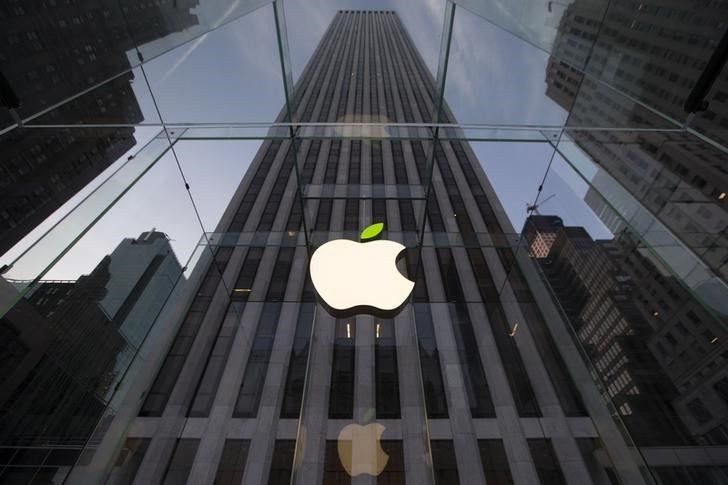Apple iWatch, Samsung Galaxy Gears are Stupid Devices - Hartmut Esslinger

One of Apple's early designers, Hartmut Esslinger, the one who decided that Apple computers should be white, says that smartwatches - such as the rumoured iWatch and the likes of Samsung's Galaxy Gears - are stupid devices.
BMO Capital Markets analyst Keith Bachman predicts for Apple to sell at least 33.5 million of the rumoured iWatch in 2015. And if the company could sell the iWatch to at least 15 per cent of its existing iPhone users, Apple could move 50.3 million units of iWatch.
On the other hand, sales data from NPD Group revealed that four out of five smartwatches sold in US were second generation Samsung Galaxy Gear.
"Samsung's Galaxy Gear fits the exact definition of what we currently think a smartwatch should be," Ben Arnold, executive director of industry analysis at NPD said in a statement.
However, even with this impressive data, Esslinger found smartwatches as stupid devices.
"Smartwatches are stupid. Why would I put cheap electronics on my wrist as a symbol of (my) emotion?" Esslinger was quoted saying in a report from Forbes.
He argued that smartwatches are crafted to use two devices - a mobile phone and mechanical watches. But, independent to a smartphone, smartwatches are nothing unique as a fitness tracker.
Fitness trackers, as pointed out by Esslinger are devices that already provide health data - a feature that highlights smartwatches.
If users can get data from a fitness tracker, why would users need a smartwatch?
Scott Burgess, an Australian entrepreneur used a fitness tracker while traveling to New York in 2013. He later discovered that the device was very limited.
Data is useful but "beyond that, however, there is a plateau," Burgess said.
"They (makers of wearable tech devices) need to think about how to take it from a pure body experience to a more holistic experience," Burgess added.
Smartwatches should provide more than just data.
"Consumers want answers. They don't want more data," Vivienne Ming, data scientist at a behavioral analytics firm said. "My idea of wearable technology is that it is a product but what it wants to be is a service, which I pay for regularly," Ming explained.
Ming said that smartwatches should integrate a context that is "powerful and only partially reproducible with a smartphone."





















